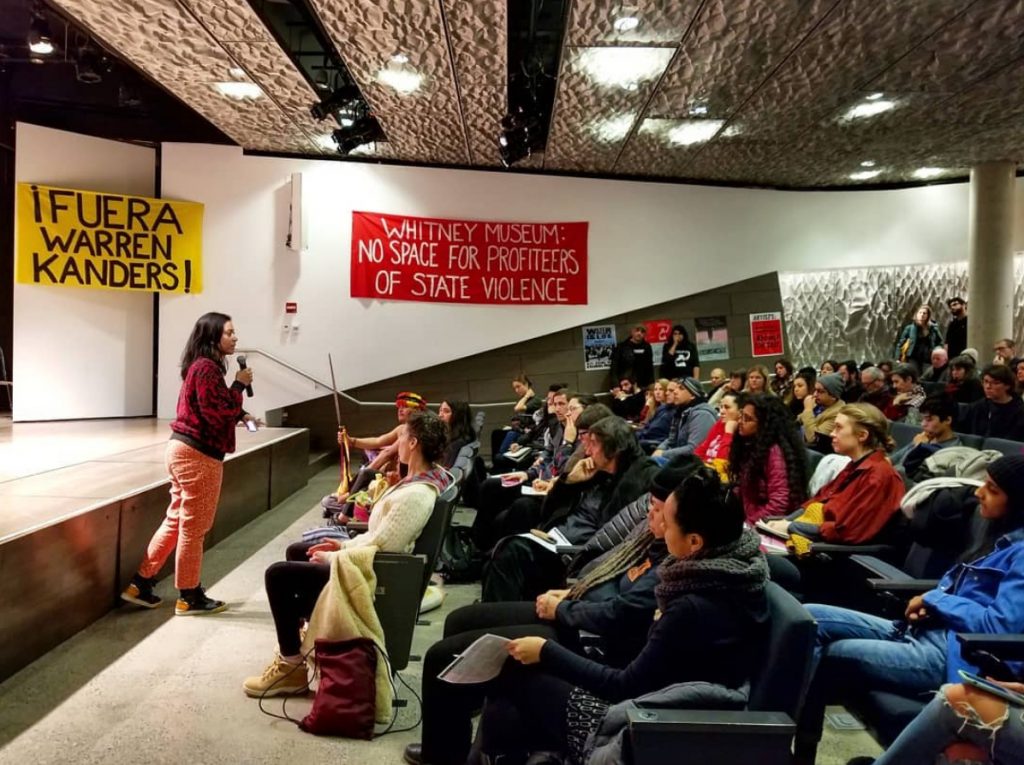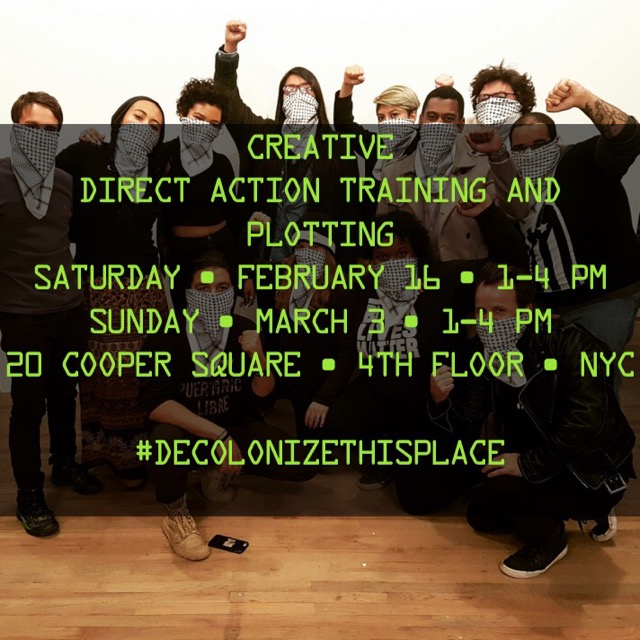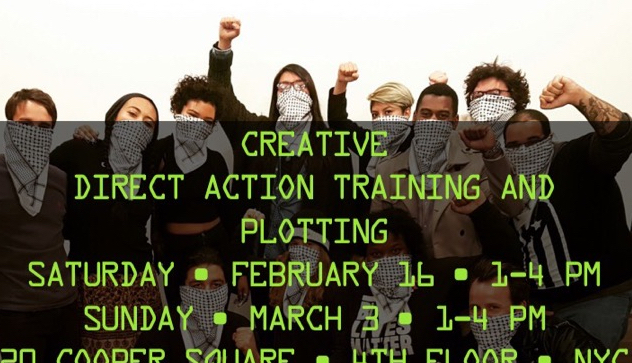
BY GABE HERMAN | Protests have continued against the Whitney Museum since a November report that a board member owns a company that makes tear gas that has been used against asylum seekers along the U.S.-Mexico border.
Warren B. Kanders, listed by the Whitney as a vice chairperson on its board of trustees, is also the C.E.O. of Safariland. The company manufactures and distributes law-enforcement products, including some used along the border, according to a November report by Hyperallergic. The Whitney also lists Kanders as a significant supporter of its current Andy Warhol exhibit.
Days after the report, 95 Whitney staff members signed a letter to museum leadership demanding a response and that Kanders be asked to resign.
The group wrote that the situation with Kanders is “demonstrative” of larger problems at the Meatpacking District museum.
“We…understand the nuanced and vital relationship any nonprofit has to its board,” the wrote. “But we believe that this recently aired knowledge about Mr. Kanders’ business is demonstrative of the systemic injustice at the forefront of the Whitney’s ongoing struggle to attract and retain a diverse staff and audience.”
The Whitney did not respond to The Villager’s request for comment. But in early December, Whitney Director Adam Weinberg responded to the open letter, according to ARTnews. He did not discuss if Kanders’s position would change.
“We have fashioned this protected space together through mutual trust, respect, openness and discussion even when opinions differ,” he wrote, in part. “We respect the right to dissent as long as we can safeguard the art in our care and the people in our midst. As one director colleague describes the contemporary museum, it is ‘a safe space for unsafe ideas.’ This is the democracy of art.”
The same day, Kanders wrote a letter to the Whitney board of trustees.
“Safariland’s role as a manufacturer is to ensure the products work, as expected, when needed,” he wrote, in part. “Safariland’s role is not to determine when and how they are employed. The staff letter implies that I am responsible for the decision to use these products. I am not. That is not an abdication of responsibility, it is an acknowledgement of reality.”
A Jan. 26 town hall at The Cooper Union was organized by several protest groups. Among them were Decolonize This Place, which participated in a December demonstration at the Whitney. Other groups involved in the town hall were Chinatown Art Brigade and WAGE, a local activist group that advocates for better payments to artists.

WAGE has asked artists to withhold content from the upcoming Whitney Biennial in May until museum staff demands related to Kanders are met, and until the artists are guaranteed compensation for their work.
At the town hall, which included a big banner reading, “Warren Kanders Must Go,” Betty Yu, co-founder of the Chinatown Art Brigade, called out the museum.
“Whitney Museum, shame on you to those in power,” she said. “Shame on you for your inaction… . You are complicit in the violation of peoples’ basic human rights.”
A man from Decolonize This Place said, “We know Whitney is not an exception. We know if it’s happening at the Whitney, it’s happening elsewhere. We know that the idea of money — and bad money — in art is prevalent.”
The three groups will host two events billed as direct-action trainings, “dedicated to skill sharing and workshopping ideas for an escalation calendar of actions starting in March and building toward the opening of the 2019 Whitney Biennial in May,” according to Decolonize This Place. The trainings are scheduled for Feb. 16 and March 3 at 20 Cooper Square.


































